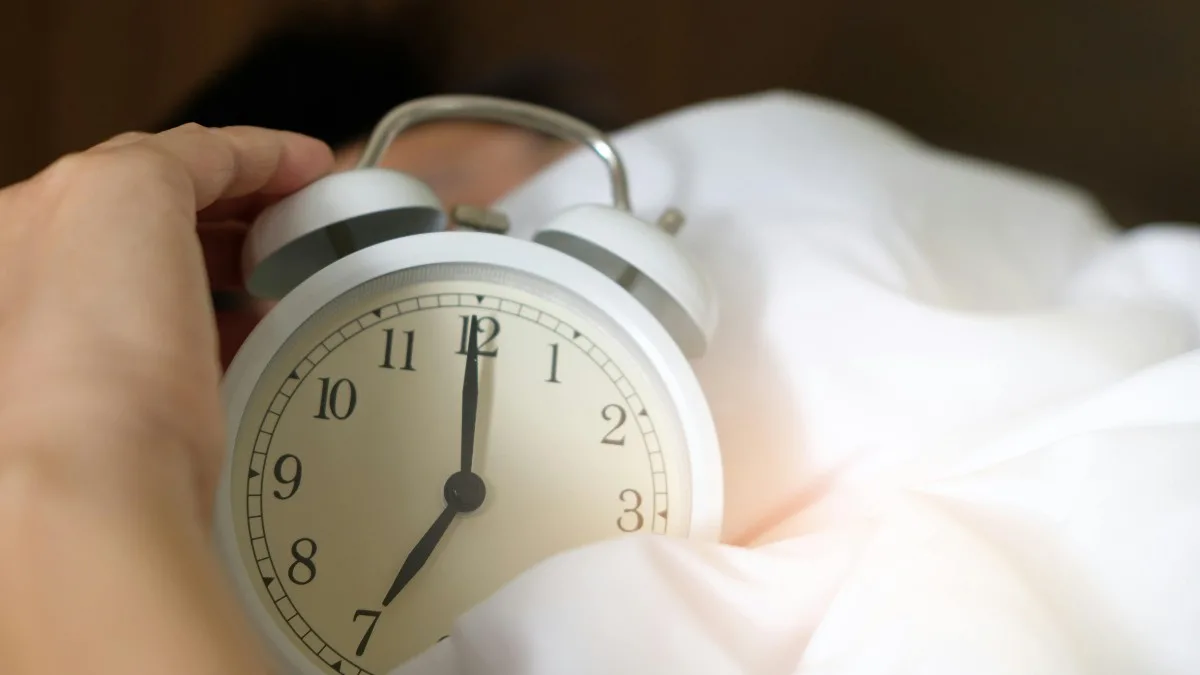
Getting quality sleep is essential for overall health and well-being. Poor sleep can lead to various health issues, including stress, anxiety, and decreased productivity. If you’re struggling to get a restful night, follow these proven strategies to improve your sleep quality.
1. Establish a Consistent Sleep Schedule
Your body operates on a natural sleep-wake cycle, also known as the circadian rhythm. Going to bed and waking up at the same time each day helps regulate this cycle, making it easier to fall asleep and wake up feeling refreshed.
Tips:
Establish consistent sleep and wake times, every day of the week.
Avoid drastic shifts in sleep schedules.
If you need to adjust your schedule, do so gradually in 15-minute increments.
2. Create a Relaxing Bedtime Routine
A pre-sleep routine is a series of actions that help your body transition from wakefulness to sleep. Engaging in calming activities before bed helps prepare your mind and body for restful sleep.
Tips:
Read a book or listen to soft music.
Take a warm bath to relax your muscles.
Practice meditation or deep breathing exercises.
3. Optimize Your Sleep Environment
Factors like light, temperature, and noise in your bedroom directly affect your sleep. A comfortable, quiet, and dark setting can enhance relaxation and help you sleep better.
Tips:
Keep your bedroom cool (around 60-67°F or 15-19°C).
Use blackout curtains or a sleep mask to create a dark sleeping environment.
Block out distractions with earplugs or drown them out with a white noise machine.
Invest in a comfortable mattress and pillows.
4. Limit Screen Time Before Bed
The blue light from screens can interfere with sleep by reducing the production of melatonin. Reducing screen time at night can significantly improve sleep quality.
Tips:
Avoid smartphones, tablets, and laptops at least an hour before bedtime.
Use blue light filters on devices if necessary.
Engage in non-digital activities like journaling or listening to soothing music.
5. Watch Your Diet and Caffeine Intake
What you eat and drink can impact your sleep quality. Consuming caffeine or heavy meals late at night may disrupt your ability to fall asleep.
Tips:
Avoid caffeine at least six hours before bedtime.
Opt for light, easily digestible snacks if hungry before bed.
To avoid sleep problems, it’s best to drink alcohol in moderation or not at all, as it can interfere with your ability to fall asleep.
6. Exercise Regularly
Regular physical activity helps regulate sleep patterns and promotes deeper sleep. However, timing matters when it comes to exercising for better sleep.
Tips:
Engage in moderate exercise, such as walking or yoga, during the day.
Vigorous workouts near bedtime can make it difficult to fall asleep, so it’s best to avoid them.
Stretching or light yoga in the evening can help relax your body.
7. Manage Stress and Anxiety
Stress and anxiety are common causes of poor sleep. Developing relaxation techniques can help you unwind and prepare for a restful night.
Tips:
Practice mindfulness and meditation.
Keep a journal to jot down worries before bed.
Deep breathing exercises can be a great way to calm your mind and prepare for sleep. However, if you find yourself feeling more awake after doing them, you may want to try a different relaxation technique.
8. Seek Professional Help if Necessary
If you’ve tried these strategies and still struggle with sleep, you may have an underlying sleep disorder. Consulting a healthcare provider can help identify and treat any sleep-related issues.
Signs You May Need Help:
Persistent insomnia lasting more than a few weeks.
Frequent nighttime awakenings.
Symptoms of sleep disorders such as sleep apnea.
Final Thoughts
The quest for quality sleep, essential for health, is often hampered by the challenge of actually falling asleep. By following these tips—maintaining a consistent sleep schedule, creating a relaxing environment, managing stress, and making lifestyle changes—you can achieve restful and rejuvenating sleep. Start implementing these habits today to wake up feeling more refreshed and energized every morning!
Share via:




